Options for Contraceptives in the Philippines
The views on contraception are becoming more and more progressive in recent years, but we can’t deny that there is still a stigma surrounding the topic, especially here in the Philippines. This stigma may come from our deep religious roots, or simply a lack of understanding.
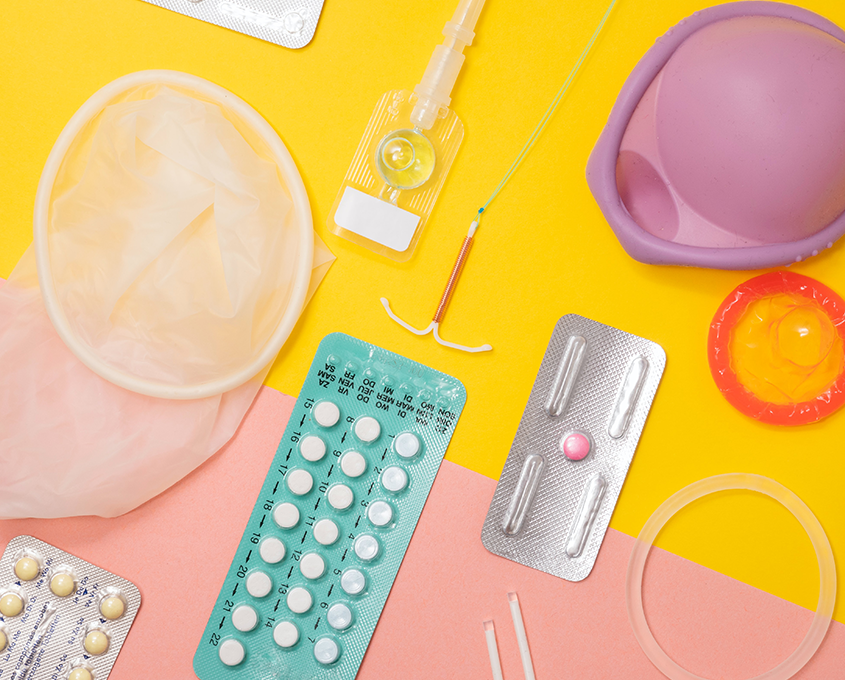
Contraceptives are something that everyone should be made aware and using them should not receive any negative reaction from anyone. For those who are still unaware and curious, here are some options for contraceptives that are available in the Philippines, how they work, and places where you could get them.

Implant
A contraceptive implant is a matchstick-sized rod that is inserted into your non-dominant arm. The implant, containing progestogen, then stays in your arm for 3 years. Throughout those years, the female hormone is released little by little and thickens the mucus in the cervix, preventing the sperm from reaching the egg, and also preventing ovulation.
You can have one implant every 3 years and can be gotten from private clinics or women’s health centers such as Likhaan. The implant has an effectiveness rate of 99.9%, making it one of the safest contraception options for long-term use.
IUD (Intrauterine Device)
An Intrauterine Device (IUD) is a T-shaped device that is placed inside the uterus in order to prevent pregnancy. The copper destroys the sperm and prevents it from reaching the egg. The IUD provides long-term protection against pregnancy which lasts for 10 to 12 years. Its effectiveness rate if used properly is 99.4% and can be acquired from private hospitals and non-profit organizations.
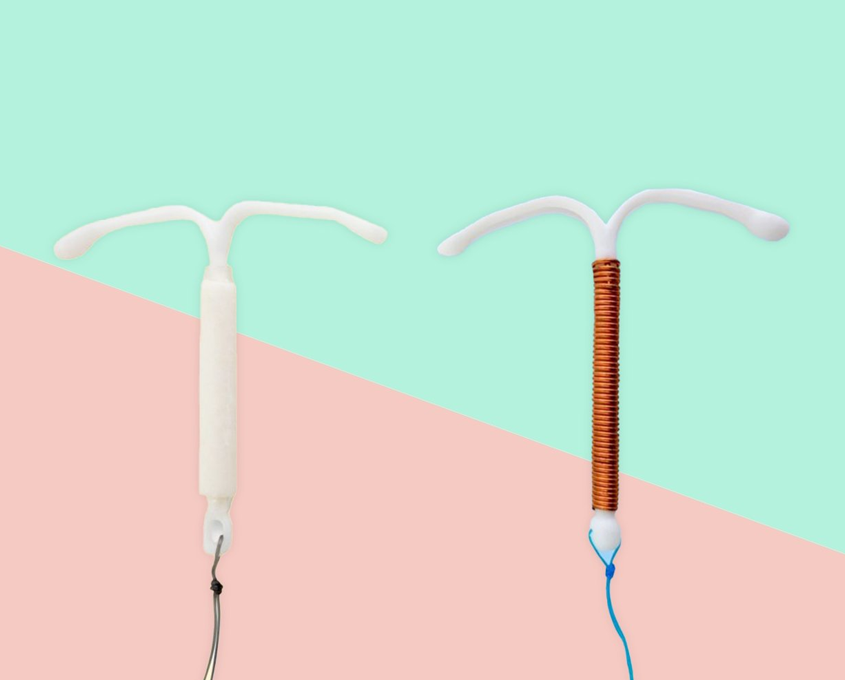
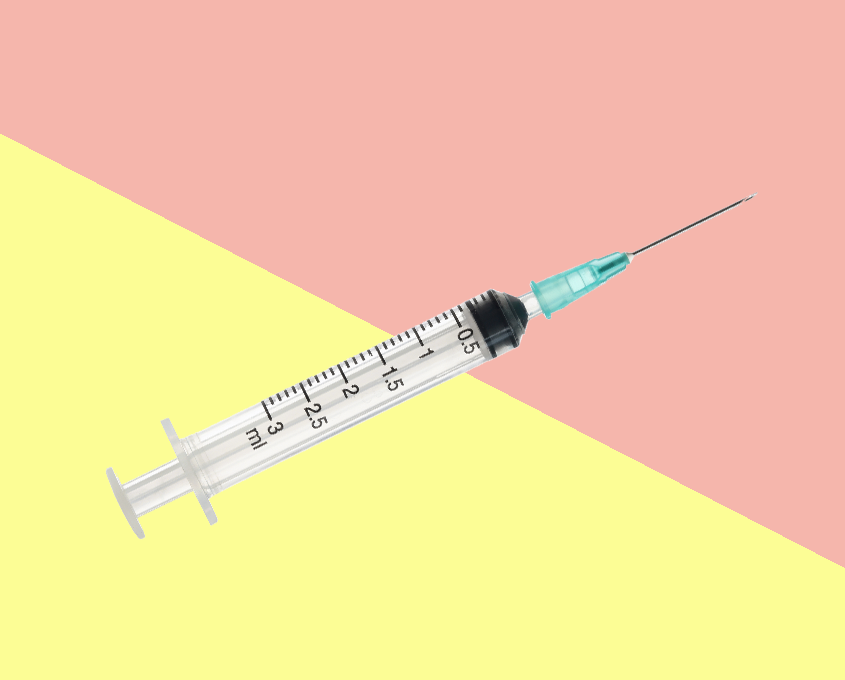
Injectables (DMPA)
Injectable contraceptives, also known as depot medroxyprogesterone acetate (DMPA), function the same as implants, where it prevents ovulation and thickens the mucus in the cervix, preventing the sperm from reaching the egg. You may get one injection every 3 months, and have an effectiveness rate of 99.8% making it a reliable way of preventing unwanted pregnancies.
You may get injectable contraceptives administered by trained service providers at pharmacies, hospitals, Brgy. Health Centers, and non-profit organizations, though can only be limited to progestogen injectables only.
Condom
Condoms are probably the most commonly known and accessible contraceptives out there. It blocks semen from entering the uterus and reduces the risk of being exposed to STDs or sexually transmitted diseases. Condoms should be used every time you engage in sexual intercourse If used properly, condoms can have an effectiveness rate of 98%.

You may purchase condoms at pharmacies, hospitals, Brgy. Health Centers, and non-profit organizations, supermarkets, and convenience stores. However, under Republic Act No. 10354 or the RH Law, individuals under 18 are restricted to purchase condoms without parent’s consent.
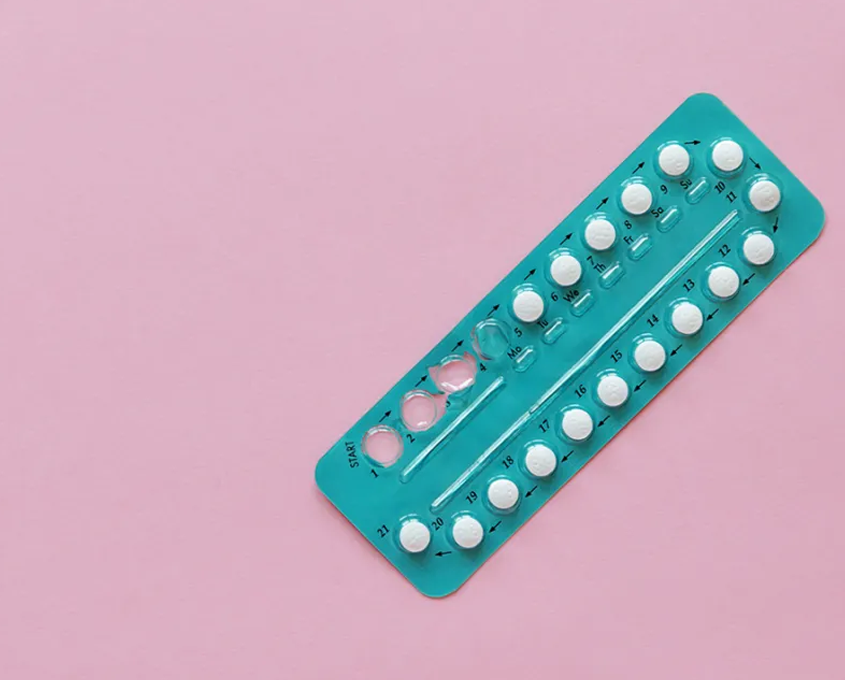
Oral Contraceptive Pills
This contraception method is one of the most commonly used by women today. The birth control pill gives you a mix of progestin and estrogen hormones, with the main purpose being to prevent ovulation for women.
It should only be taken once per day, and has an effectiveness rate of 99.7% if taken and used properly. You may purchase oral contraceptive pills from a variety of brands at public health centers, drug stores, and Brgy. Health Centers.
Emergency Contraceptive Pills
Emergency Contraceptive Pills prevents or delays ovulation. These pills should be taken within 5 days when you have engaged in unprotected sex. Your first dose should consist of 4 pills containing hormones.Repeat drinking the 4 pills 4 pills in case you vomited within 2 hours.
The second dose should be taken after 12 hours with 4 pills containing hormones. Repeat drinking the 4 pills in case you vomited within 2 hours.
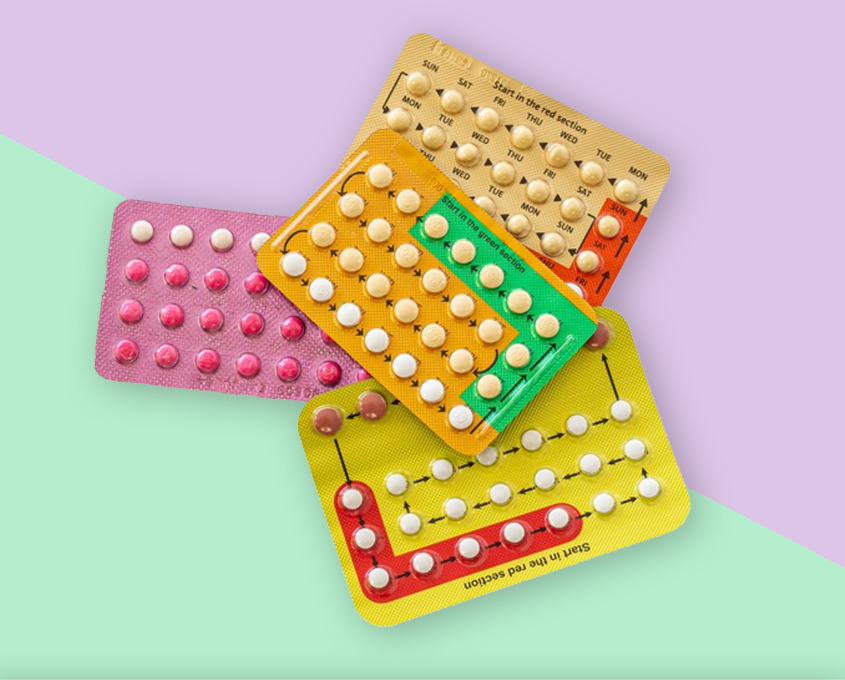
If taken properly, the emergency contraceptive pills have an effectiveness rate of 99.7%, and can be gotten from public health centers, drug stores, and Brgy. Health Centers.

Non-Scalpel Vasectomy
A non-scalpel vasectomy is a method of contraception for men that uses a single puncture method. Instead of using multiple incisions like in traditional procedures, an anesthesia is used and the operation takes under an hour.
Vasectomies are considered one of the most effective and most long term methods of birth control with a success rate of 99%.
Currently, you may get this procedure done at facilities such as Mary Johnston Hospital in Manila, POPCOM Wellness Clinic, and you may also contact the No-Scalpel Vasectomy International Inc. (NSVI) for more information for other non-scalpel vasectomy service providers.
The contraceptives mentioned above are only a few of the many other options available in the Philippines. However, always keep in mind that each method of contraception has its own set of risks involved and side effects that may possibly occur.
Doing your own diligent research is still much advised as well as seeking the help of medical professionals in order to know what method is best for you. Awareness, understanding, and knowledge about contraception is the first step in breaking the stigma that is associated with it. Practicing your choice of using contraception is one of the most proactive ways in staying prepared, and also means that you are taking the responsible steps in making sure that you have good sexual and reproductive health.